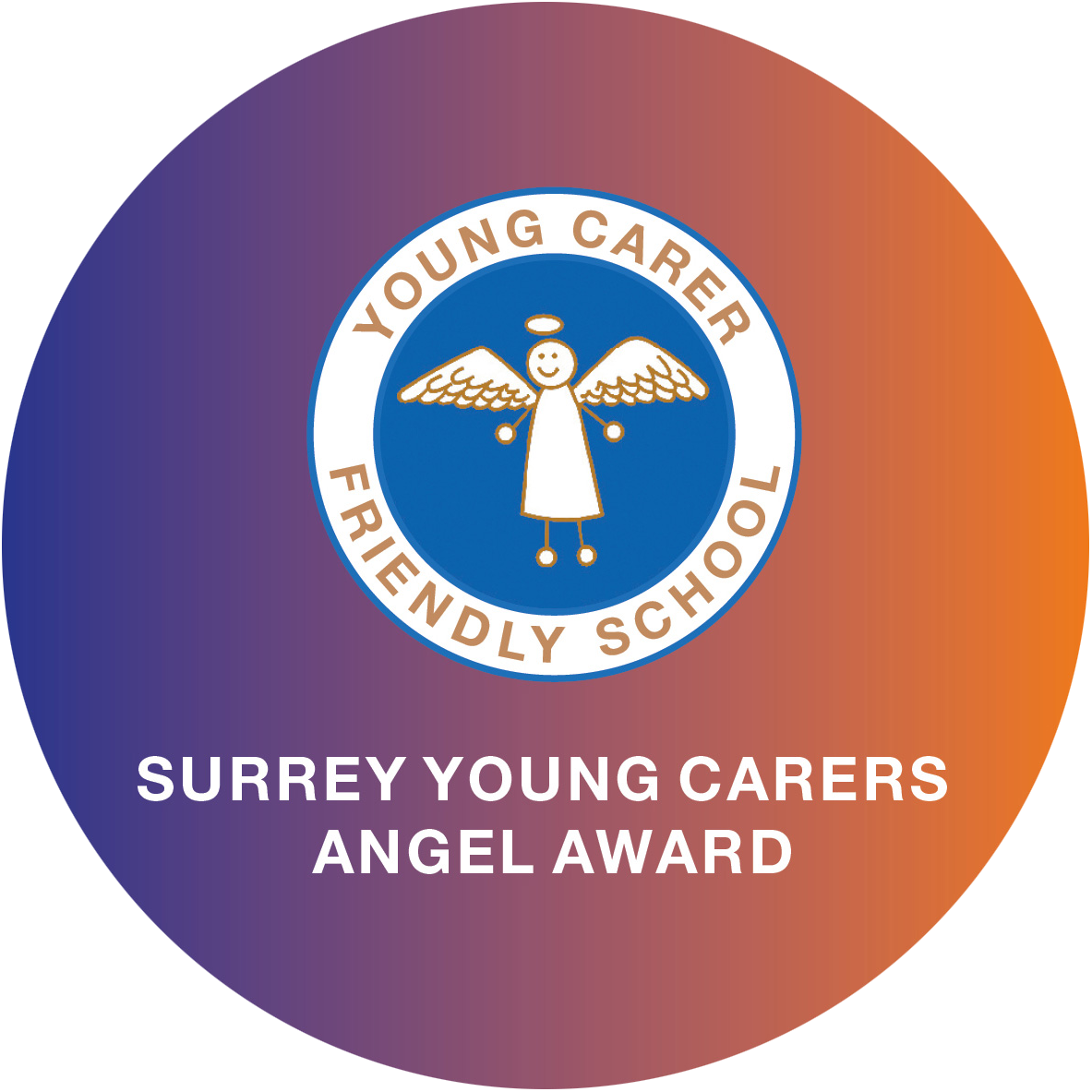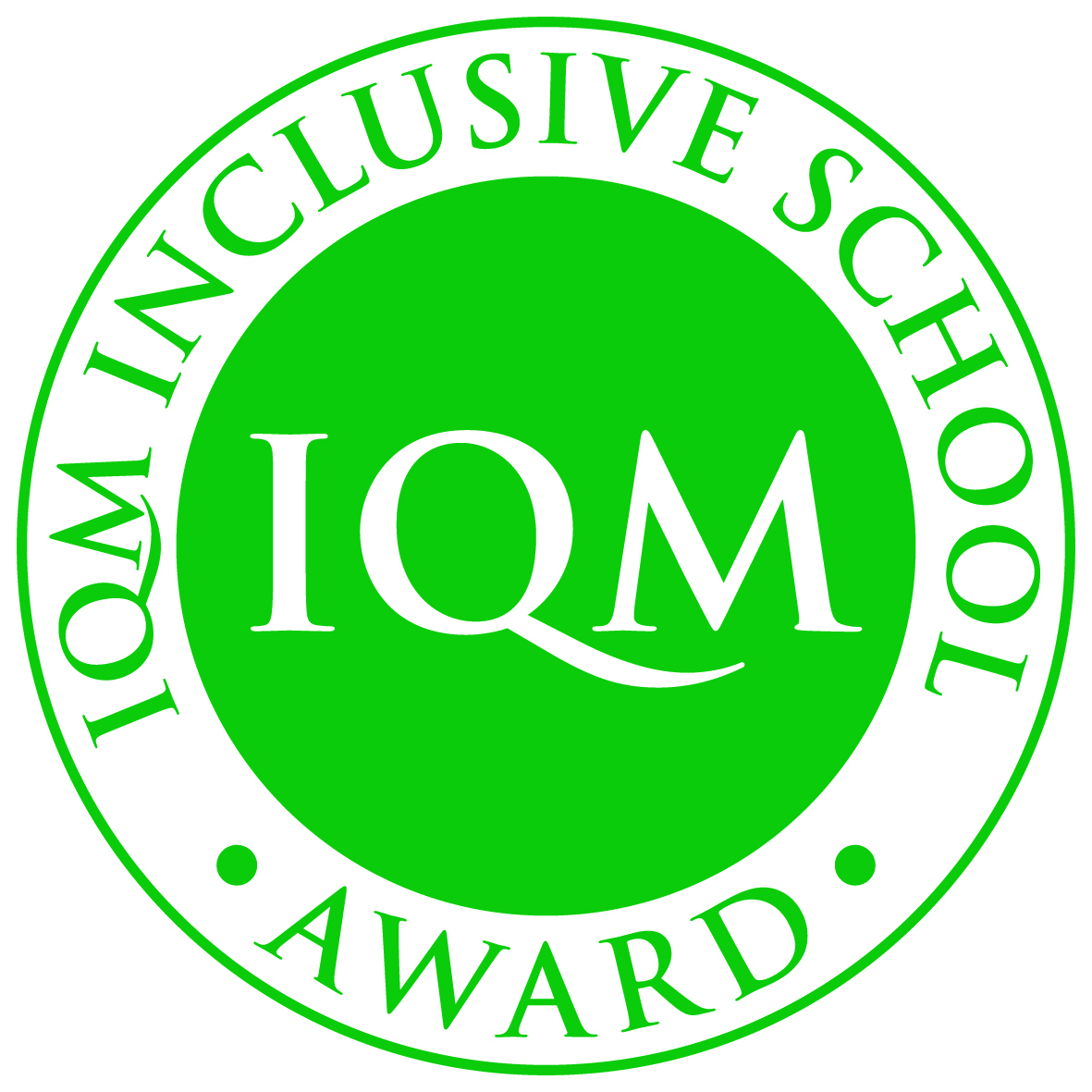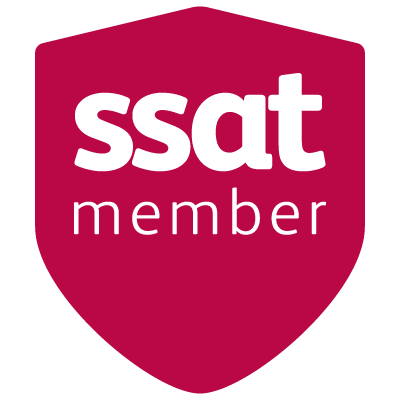Starting School
At St. Mary's we believe that the education of a child begins at home and continues as a partnership between home and school. We believe that early contact and co-operation assist the child's adjustment to school and that the development of the relationship between home and school enhances a child's school experience. Starting school is a milestone for both parents and children. We aim to ease the transition from home to school and help alleviate some of the difficulties that may arise.
Most children settle into school without any apparent difficulty at all, but for a few the experience may be traumatic to a greater or lesser degree. If parents are aware of the difficulties that may arise they can help to prepare their children.
POTENTIAL DIFFICULTIES
- Separation from a parent
- The need to share the adults i.e. the teacher's attention with a large number of children
- Self-help skills of going to the toilet on their own and changing clothes for PE and outdoors
- The difficulties associated with lunch time.
We have found from experience that a few children find lunch time hard to cope with at first which is why teachers accompany children to lunch for the first few weeks or as long as necessary.
We invite children to spend one or two sessions in school during the term before they start, to give them some experience of school and the chance to get to know us.
Parents can help considerably by allowing children to put on and take off their own clothes so that they will not be worried about doing so in school. Assistance is, of course, given with fastening buttons and tying shoe laces for example, but children are expected to be able to do some things for themselves and at least have-a-go!
They should also be confident about looking after themselves when they go to the toilet. Giving children this sort of independence makes them more confident and helps them to settle in.
During the first few days a child may get upset or be reluctant to let mum or dad go. It is natural that they should want you to stay and by all means do so for a while on the first few mornings. It is important to remain calm and reassuring and when you decide it is time to leave, do so quickly having told the child you are going and having said "good-bye". Lingering good-byes do no one any good! If it would set your mind at rest ring up a little while later and we will be able to tell you all is well!
At home-time try to be there promptly, as it can be upsetting for a child if there is no one there to meet them. Don't worry if your child doesn't want to talk about the day immediately. Like you they need to wind down. Please remember that we need to know in writing if someone other than yourself is collecting the child. Forms are available for this purpose on-line, adjacent to the external door of the classroom or at the Office Reception area.
READING
Children learn to read at different ages and different rates and they can't learn until they are ready to learn; physically, emotionally and intellectually. They need to have had the right kind of experience and have the necessary skills and some will take longer than others to reach the stage when they are ready to learn. Some children come to school ready to read or even reading but others will need more practice in the pre-reading skills. Beginning a formal reading programme too soon will not be beneficial, and may be detrimental. Try not to compare your child with older brother/sister or other children of the same age. This exercise is fruitless and frustrating for you.
What do we mean by "ready-to read"?
Firstly a child must have command of spoken language, a good vocabulary and be able to communicate with confidence. They will be able to concentrate and persevere with a task.
There are many things to learn about books before you even begin to read one, such as how to open it and turn over the pages for instance and that the lines of print read from left to right, so they need to be familiar with books and used to handling them.
They need to realise that the black marks on the paper tell us things about the picture or tell us things we need to know. They need to show an interest in the printed word. They need to see reading as a purposeful and meaningful activity and associate the written word with everyday living - what's on television perhaps or what's inside a tin or packet when shopping.
They will need to have had a variety of pleasurable and meaningful experiences of books. Sharing books and reading stories together from an early age is vital in capturing a child's imagination and interest and encouraging them to want to read for themselves. Children are great imitators and it is important that they see adults reading for pleasure. Before a child is ready to read they need to listen to a story attentively and be able to anticipate and predict what might happen next and retell a simple story. They should be able to interpret pictures and make up a simple story of their own.
There are lots of activities which help children develop these skills. There are games which develop children's awareness of shape and patterns, to teach them to recognise similarities and differences. Nursery rhymes and songs are very important to help children identify and discriminate between sounds and puzzles can help a child to sequence and order.
In school the children will be having all these kinds of experiences to develop the skills they need to be ready to read. You can help by giving them similar experiences at home.
Soon after a child starts school they will start bringing home a book each day. It may be a book for you to read together, with a child joining in where they can. Your child may also bring home a book without words to encourage him to interpret the pictures, predict and make up their own stories. At a later stage your child may bring home word cards so that they can learn the words out of context and begin to build up a sight vocabulary. It is important that, whatever kind of books your child has in the early stages, it is read several times. As the child becomes familiar with a book and perhaps knows it by heart, they begin to feel that they are reading and this boosts their confidence.
Each child needs a reading bag, available from the school, in which to carry his reading book to and from school each day. They also have a reading record book and it is helpful if you could initial next to the name of the book when you have read it with your child and make a positive comment in the appropriate column. Spending a few minutes each day reading together at home is very important and helps enormously.
At St. Mary's we use many reading schemes and a variety of strategies to help a child develop their reading skills. We aim to choose the approach that suits the individual child best, beginning at the stage the child has reached and building on the skills they have.
Reading is probably the most important skill a child will learn. We endeavour to make it enjoyable and fun. Children need to be motivated, and feel confident and relaxed. They need to receive much praise and encouragement.
WRITING
Some children are eager to write from a very early age and should be encouraged to do so. As with reading, children's writing skills develop at different rates and they will be at different stages when they start school.
At school we give them lots of opportunities to develop the skills they have. There will be reasons for writing in role play for example, and the experiences they have in class will be used as stimuli to encourage them to record in pictures and writing.
The children are taught how to form letters correctly, usually in conjunction with learning the name of the letter and the sound. A sheet showing cursive letter formation is available for download at the bottom of this page. Forming letters correctly takes practice but it is important as it makes it easier later on when children learn to join their letters.
The interest in how to spell words correctly comes at varying stages usually when the child knows the letter sounds. Once again praise and encouragement are needed.
MATHEMATICS AND NUMBER
Young children enjoy counting and usually come to school able to count to 10. Their experiences will be varied and a lot of time is spent in the reception class on learning basic number concepts as this lays the foundation for work in maths later on.
Much of the number work is of a practical nature using puzzles and games. Practical activities provide lots of opportunities for weighing and measuring, ordering and comparing. The children learn about shape through handling 2D and 3D shapes. Pattern is explored and the children learn to sort and classify.
There are plenty of opportunities at home and when out and about for helping a child to develop number awareness and mathematical skills.
Most of the activities in the reception class are based on play because this is how young children learn.
Play is a purposeful, structured activity, which provides children with first hand experiences, which have planned learning outcomes. It is through exploration, investigation and conversation that they learn.



